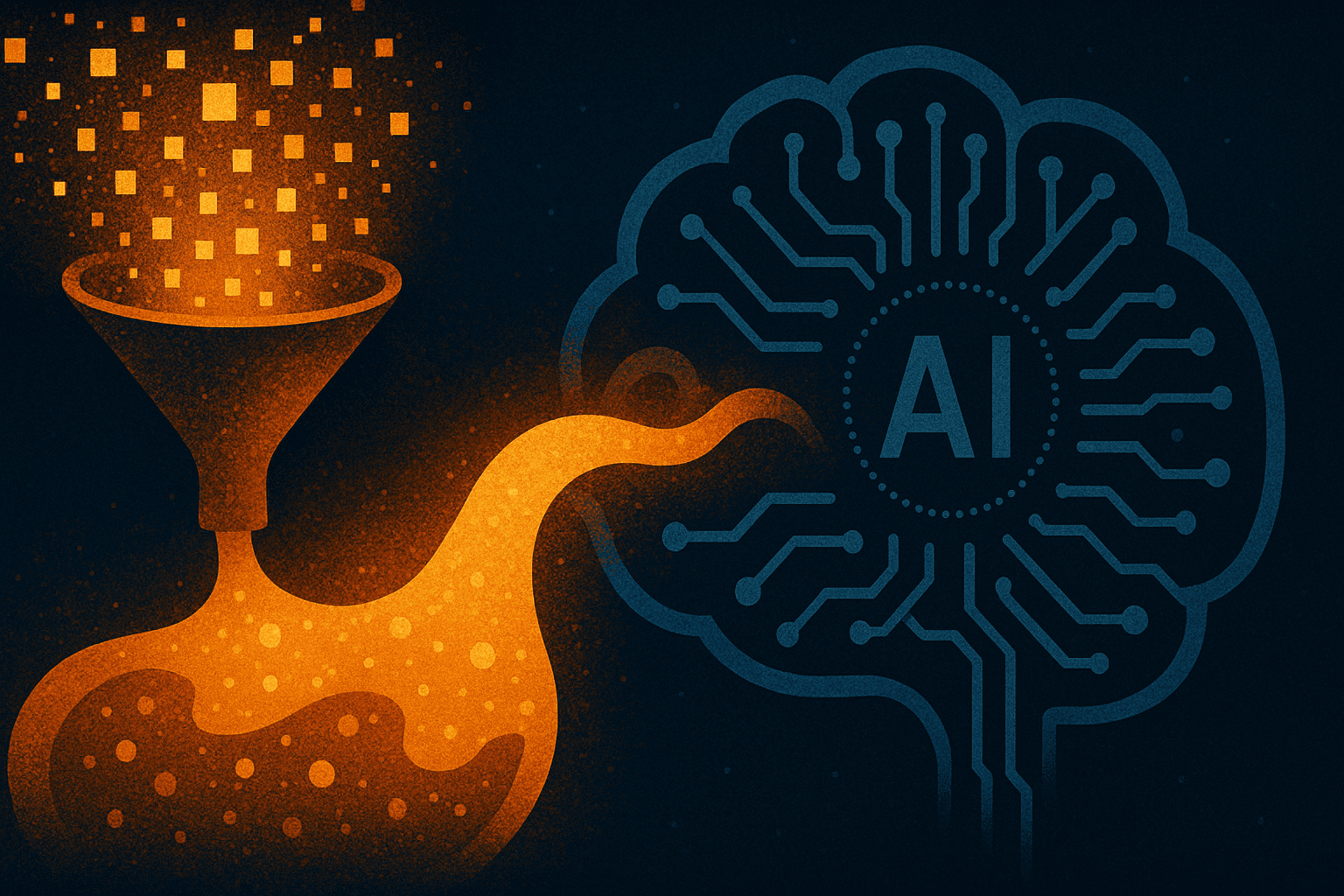Artificial Intelligence (AI) has become an indispensable part of our lives, influencing everything from the way we shop to how businesses operate. At the heart of this revolutionary technology lies a simple yet powerful element—data. In fact, data is often referred to as the "fuel" that powers AI systems. But why is data so important for AI, and how is it shaping the future?
Why Data Matters in AI
Data is the foundation of AI, enabling machines to learn, adapt, and make decisions. Without quality data, even the most advanced AI algorithms would fail to deliver meaningful results. Here's why data is critical:
Training AI Models:
AI algorithms require vast amounts of data to identify patterns and make predictions.
Improving Accuracy:
The more relevant and diverse the data, the better the AI's accuracy in decision-making.
Enabling Personalization:
Data allows AI to tailor recommendations, such as Netflix suggesting movies or Amazon recommending products.
Driving Insights:
Organizations use AI-powered analytics to extract actionable insights from complex datasets.
The Relationship Between Data and AI
“Without big data, you are blind and deaf and in the middle of a freeway.” – Geoffrey Moore, Author of Crossing the Chasm.
AI’s capability is directly proportional to the quality and quantity of data it processes. Here are key elements that define this relationship:
Quality Over Quantity:
While large datasets are essential, clean, labeled, and unbiased data is what makes AI truly effective.
Diverse Data Sources:
AI thrives on diversity. Combining structured and unstructured data—from social media, IoT devices, and databases—enhances model performance.
Real-Time Data:
Applications like autonomous vehicles rely on real-time data for decision-making.
Real-World Applications of AI Powered by Data
Healthcare:
AI is transforming diagnostics. For example, IBM Watson Health uses massive datasets to assist doctors in diagnosing diseases and suggesting treatment plans.
Retail:
Amazon’s recommendation engine generates 35% of the company’s revenue by analyzing shopping behavior and preferences.
(Source: McKinsey)
Finance:
Companies like PayPal use AI to detect fraudulent transactions by analyzing billions of financial transactions daily.
The Challenges: Data Privacy and Ethics
While data fuels AI, it also raises concerns about privacy and ethics. Companies must:
Ensure transparency in data collection.
Comply with data protection laws like GDPR.
Build AI models that avoid biases inherent in datasets.
Relevant Statistics
80% of AI project failures are due to poor data management.
(Source: Gartner, 2023)
By 2025, the global data volume is expected to reach
175 zettabytes.
(Source: IDC)
Book Recommendation
If you want to delve deeper into the fascinating interplay of AI and data, read “Weapons of Math Destruction” by Cathy O’Neil. This book highlights how big data and algorithms can lead to unintended social consequences.
Movie Recommendation
For a cinematic take on AI’s potential and risks, watch “Ex Machina” (2014). It explores themes of machine intelligence and ethical dilemmas, underscoring the importance of data in shaping AI behavior.
Conclusion
Data is the secret sauce behind AI's success. From shaping personalized experiences to solving complex global challenges, the potential of data-driven AI is limitless. However, with great power comes great responsibility. Organizations must prioritize ethical data practices to unlock AI's full potential for the greater good.
In the age of AI, data is not just a tool; it’s the currency of innovation. Are you ready to leverage its power?

